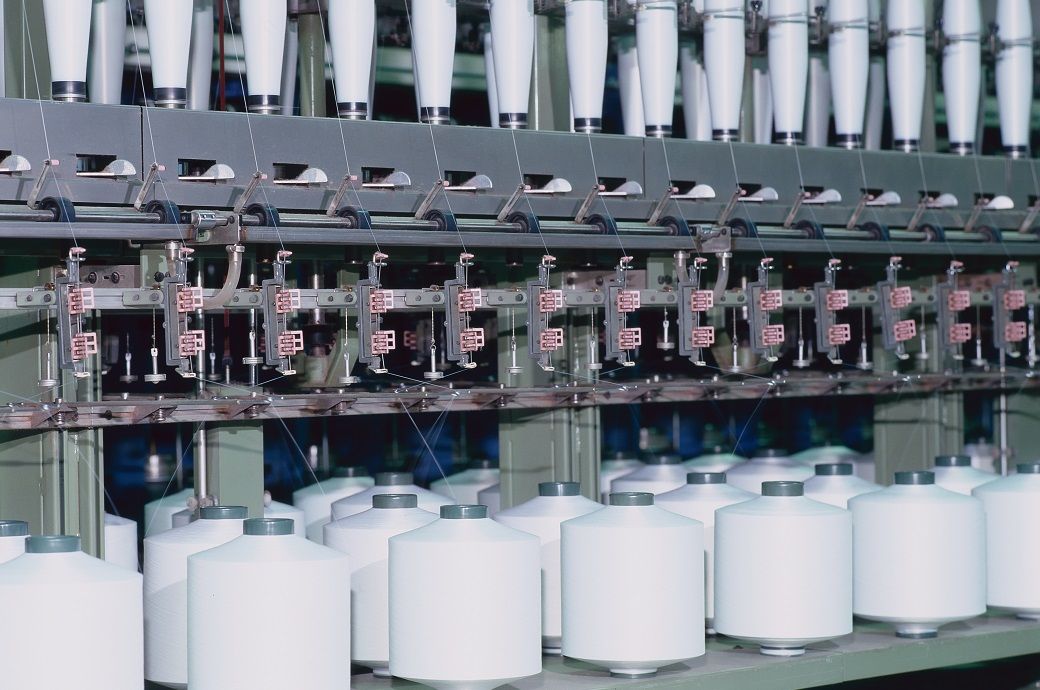
Considerable manufacturing industry weakness was seen in Germany and Austria, according to the country breakdown, with headline PMI readings there at their lowest since May and April 2020, respectively. France and Italy, the second and third largest eurozone economies, also recorded marked deteriorations since June. The Greek manufacturing sector continued to buck the broader trend, however, registering a solid expansion that was the quickest in over a year.
July survey data highlighted a considerable decrease in eurozone manufacturing output. According to data split by the three main industrial groupings, while weakness was broad-based, a significant proportion of the production cutbacks came from the intermediate goods sector. Demand conditions were also extremely weak during the latest survey period, although it was producers of capital goods that recorded the quickest deterioration in order books, closely followed by intermediate goods makers, as per S&P Global.
Eurozone manufacturers recorded a steep reduction in new orders from foreign markets at the start of the third quarter. In fact, excluding pandemic-hit months, demand for euro area goods from external clients fell at the quickest pace April 2009.
In response to diminishing demand pressures, purchasing activity was cut by eurozone factories in July. The scaling back of production, as well as sustained efforts to reduce inventories, were also cited as factors behind the reduction. Overall, the decrease in input purchasing was steep and the fastest since May 2020. Subsequently, firms’ holdings of raw materials and semi-finished items fell in July, with the rate of reduction its fastest in just over ten-and-a-half years. Stocks of finished goods fell marginally and for a third month in a row.
Amid rapidly deteriorating demand conditions, eurozone manufacturers turned to their backlogs of work to help sustain production volumes wherever possible. In turn, the volume of orders pending completion fell substantially during July and, excluding the initial months of the COVID-19 pandemic in the first half of 2020, at the strongest pace since April 2009. Factory employment levels were reduced for a second successive month in July, albeit marginally.
In another show of weak economic conditions, the latest survey data signalled clear signs of spare capacity at suppliers to eurozone manufacturers. Average input delivery times shortened considerably during July, marking a sixth consecutive monthly improvement in vendor performance.
Increased competition among suppliers reportedly drove their fees lower in July, helping to push eurozone manufacturers’ input prices down even further. The decrease in cost burdens was steep and the quickest since May 2009. Lower prices paid for materials, in tandem with weak demand pressures, pushed eurozone manufacturers to discount their charges for a third month running in July. In fact, the extent to which selling prices fell was the strongest for almost 14 years.
Fibre2Fashion News Desk (DP)